Energy Price Guarantee: Liz Truss’s gigantic state handout
The PM railed against government-funded largesse on the campaign trail. Now she is introducing energy price guarantees that will cost more than furlough. Is that a good idea?
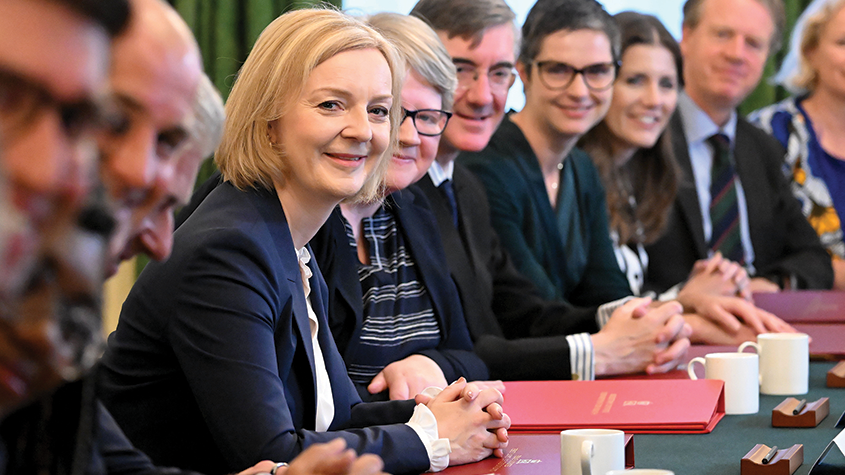
Get the latest financial news, insights and expert analysis from our award-winning MoneyWeek team, to help you understand what really matters when it comes to your finances.
You are now subscribed
Your newsletter sign-up was successful
Want to add more newsletters?

Twice daily
MoneyWeek
Get the latest financial news, insights and expert analysis from our award-winning MoneyWeek team, to help you understand what really matters when it comes to your finances.

Four times a week
Look After My Bills
Sign up to our free money-saving newsletter, filled with the latest news and expert advice to help you find the best tips and deals for managing your bills. Start saving today!
Last Thursday the new prime minister Liz Truss, who had previously dismissed “handouts” as a way of tackling the cost of living crisis, announced a taxpayer-funded “Energy Price Guarantee” that amounts to a two-year direct grant to all households, regardless of whether they need any help or not.
The guarantee holds the cost of energy for an average household at £2,500 a year for the next two years, starting in October, and saves them about £1,800 over the next 12 months (on Institute of Fiscal Studies estimates). Wealthier households, living in bigger properties and consuming more energy, will benefit more.
The government also announced that prices of gas and electricity will be capped for businesses, charities and public-sector organisations for the next six months from October.
MoneyWeek
Subscribe to MoneyWeek today and get your first six magazine issues absolutely FREE

Sign up to Money Morning
Don't miss the latest investment and personal finances news, market analysis, plus money-saving tips with our free twice-daily newsletter
Don't miss the latest investment and personal finances news, market analysis, plus money-saving tips with our free twice-daily newsletter
Are there other plans?
We don’t yet know much detail about the plan for business: support for specific sectors beyond next March is due to be announced in the coming three months. And no one knows how much the whole package will cost, because that depends on what happens to wholesale energy prices. Higher-than-expected prices would push the cost up; lower-than-expected prices would reduce it, so the falls in wholesale prices seen this week will have come as a relief.
Still, estimates from analysts put the cost at well over £100bn, and may be up to £170bn – far more than the Covid furlough and wage-support scheme (around £70bn). “This is a huge policy intervention which could easily cost over £100bn in the next year alone, with more to come in the following year,” says Paul Johnson of the Institute for Fiscal Studies.
“The scale of support will mean that each extra £1 households spend on energy is likely to cost the taxpayer 75p over the next year. This is clearly not sustainable in the long term.”
So it’s risky?
Yes, it a “potentially very expensive, very risky bet”, says Javier Blas on Bloomberg – effectively the “biggest short position ever in the gas and electricity wholesale markets, without a hedge. In the jargon of the trade, it’s a naked short.”
And there are several big problems with it. The plan fails to target those most in need – everyone from someone heating their one-bedroom flat to those heating their swimming pools will get help from the state.
It “eliminates” market forces and the price mechanism as a way of moderating demand – capping the price of a basic amount of energy use as Germany has done would have kept the incentive to economise on energy use, as would cash handouts.
Ludicrously, there is no accompanying national campaign aimed at convincing the public to conserve energy. “In a 1,267-word speech, Truss didn’t mention the words ‘demand’, ‘consumption’, or ‘savings’ once.”
And finally, there is a painful lack of fiscal clarity, which risks increasing the brewing uncertainty about the UK’s public finances. Europe has taken a different approach, capping the profits of non-gas electricity producers and introducing a windfall tax.
Will this help control inflation?
Probably, says the Financial Times. The price freeze should pull down near-term inflation, reducing immediate debt interest costs (a quarter of the UK’s government debt is index-linked, which means that the cost of servicing it depends directly on inflation), while also potentially easing inflation expectations.
The plan led City analysts to cut their forecasts for the UK’s inflation peak. A fortnight ago Goldman Sachs thought inflation could peak at 22% in early 2023, with a main forecast of 14.8%. It now thinks the high will be 10.8% in October.
However, the “additional boost to demand may mean inflation proves stickier”, says the FT. And of course if wholesale prices go even higher, the government’s outlay to maintain the price freeze will rise – imperilling the UK’s reputation for economic prudence.
Is that really at risk?
Yes, says David Smith in The Sunday Times. And if gas prices stay high, Truss’s measures make for “no more a genuine reduction in inflation than when Denis Healey claimed in the 1970s to have cut inflation at a stroke by reducing VAT”. Inflation is simply “being absorbed by taxpayers, at considerable cost” to the public finances – it “remains to be seen how comfortable markets are with that cost”.
Sterling is at its lowest since the mid-1980s and gilt yields have pushed higher over the summer as investors fret about political and fiscal stability in the UK. Further upward pressure on gilt yields and more sterling weakness is likely, according to analysts. “Perhaps, paradoxically, they also think this will persuade the Bank of England to raise interest rates by more, not less.”
What’s the case in favour?
That Truss’s plan is “the worst solution to an intractable problem – apart from all the others”, says Julian Jessop on CapX. Obviously, the bond markets won’t like it. But it’s a necessary evil, because “a deep recession would be even more damaging for the public finances in the long run”.
The price cap is a horribly blunt instrument, since “freezing the price of a scarce resource dilutes the incentive to buy less of it”, says Jon Sindreu in The Wall Street Journal. But in this case, the “economic impact of soaring energy bills would likely be worse than the unintended consequences of freezing them”.
Capping prices has the virtue of simplicity and speed, when compared to alternative approaches such as reforming wholesale power markets, and lower energy bills will bring much-needed stability to consumer confidence.
As for financing, Truss’s determination to avoid windfall taxes does seem “too single-minded, but probably sets a good precedent for investors”. And fears about government debt are overblown: “even hawkish central banks won’t let bond prices get too out of whack with interest rates”. In short, “price caps may be the least bad option out there”.
Get the latest financial news, insights and expert analysis from our award-winning MoneyWeek team, to help you understand what really matters when it comes to your finances.
-
 How should a good Catholic invest? Like the Vatican’s new stock index, it seems
How should a good Catholic invest? Like the Vatican’s new stock index, it seemsThe Vatican Bank has launched its first-ever stock index, championing companies that align with “Catholic principles”. But how well would it perform?
-
 The most single-friendly areas to buy a property
The most single-friendly areas to buy a propertyThere can be a single premium when it comes to getting on the property ladder but Zoopla has identified parts of the UK that remain affordable if you aren’t coupled-up
-
 The cost of petrol in the UK compared with the rest of the world
The cost of petrol in the UK compared with the rest of the worldNews The price of petrol in the UK went through the roof last year, but has since settled. We look at how UK petrol price compares with the rest of the world.
-
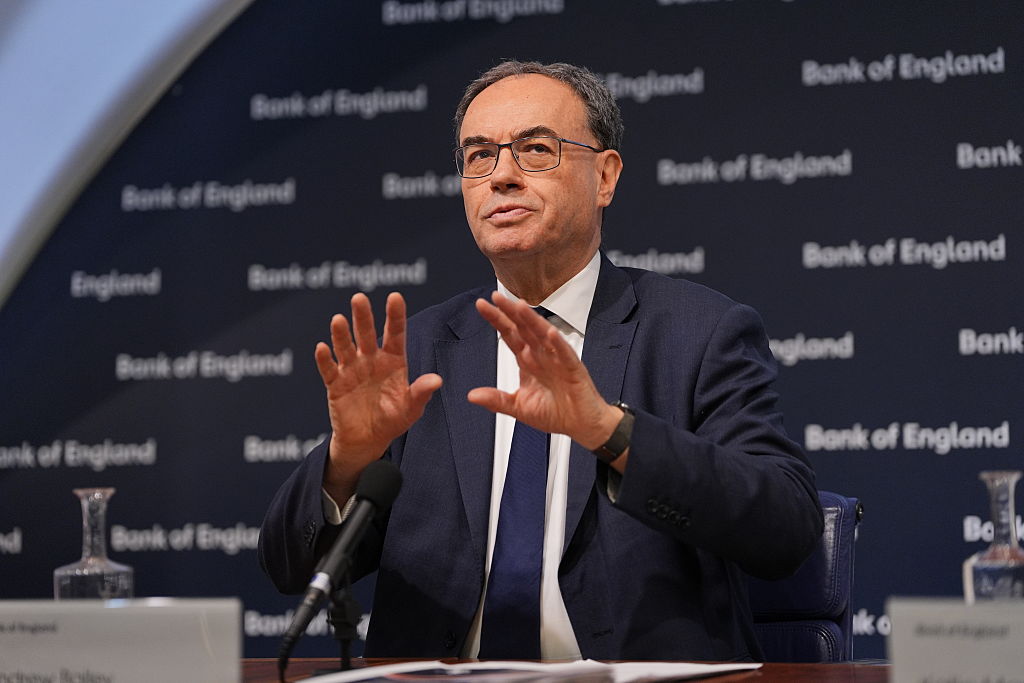 Will UK interest rates fall in 2026? Latest Bank of England predictions
Will UK interest rates fall in 2026? Latest Bank of England predictionsThe Bank of England held interest rates at 3.75% in their February meeting. Will interest rates stay at this level, or will they fall further this year?
-
 Petrol prices explained: What makes up the price of a litre of petrol?
Petrol prices explained: What makes up the price of a litre of petrol?Briefings The cost of filling the average car with fuel is falling. Here’s what makes up the price of a litre of petrol.
-
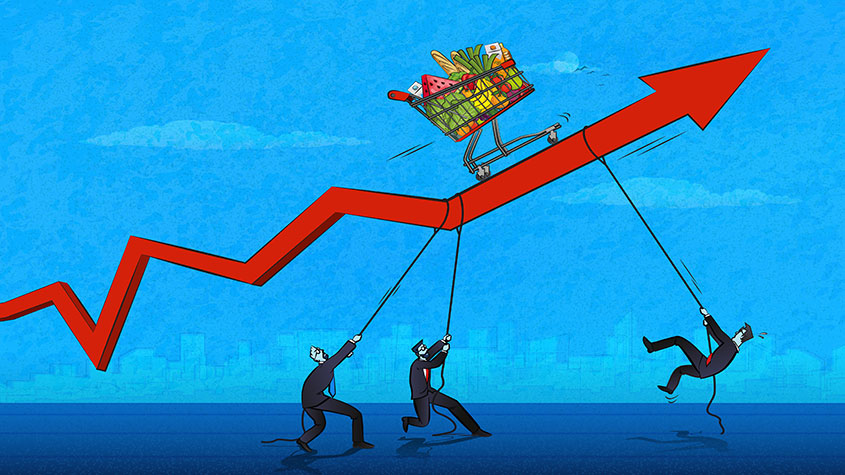 UK inflation falls to 10.7% but cost of living pressures remain
UK inflation falls to 10.7% but cost of living pressures remainNews CPI is down to 10.7% from last month’s 41-year-high of 11.1%
-
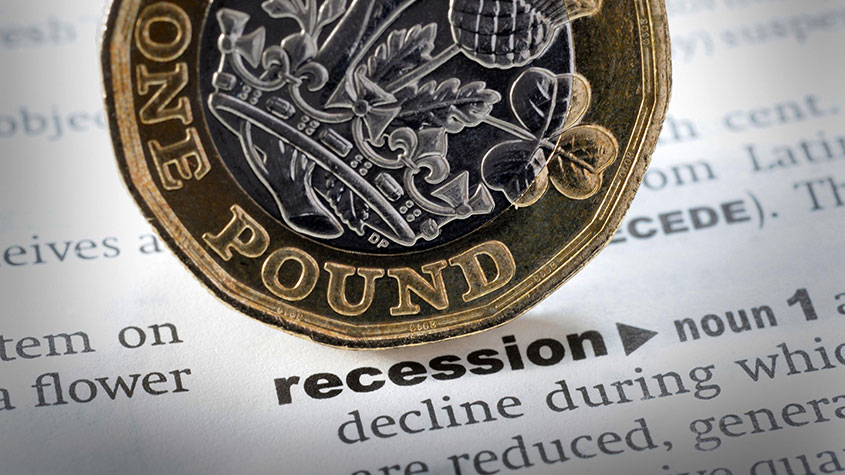 What is a recession? UK impact explained
What is a recession? UK impact explainedAnalysis Office for National Statistics (ONS) figures show UK GDP growth has gone into reverse. But what does a recession mean?
-
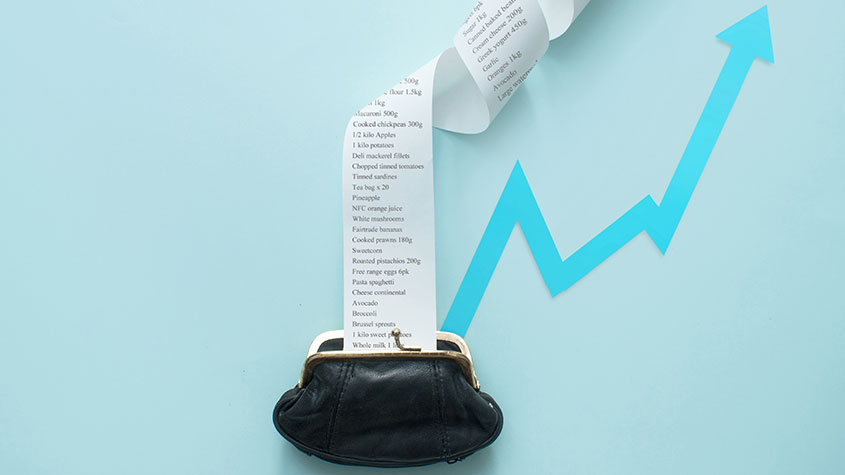 UK inflation hits 41-year high of 11.1%
UK inflation hits 41-year high of 11.1%News The rising costs of energy and food have pushed the figure up to its highest level since 1981.
-
 What is inflation and how does it affect you?
What is inflation and how does it affect you?The latest inflation figures are released each month. What is inflation and how does it impact your personal finances?
-
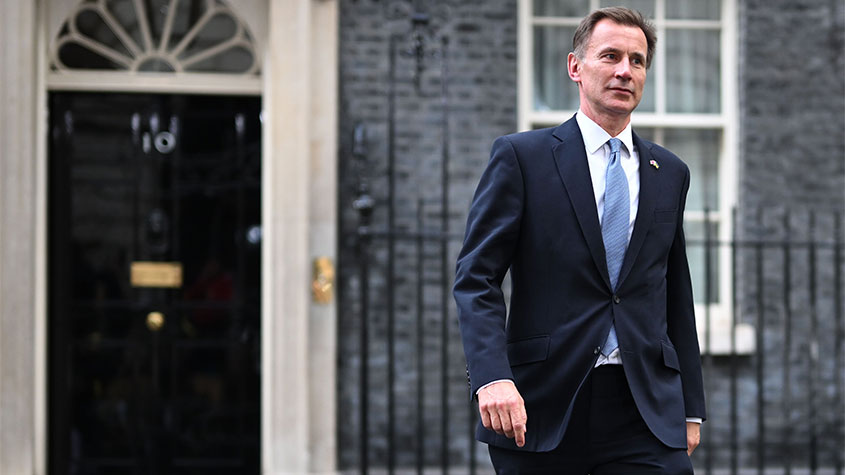 What could be in the Autumn Statement?
What could be in the Autumn Statement?News Jeremy Hunt will reveal his first Autumn Statement as chancellor on Thursday, 17 November. From pensions and inheritance tax to income tax and capital gains tax, we look at what could be announced, and the potential impact on your finances.